Ten court cases that gripped Hong Kong in 2017
The city’s judiciary handled some of its most significant trials this year, some involving high-profile figures, others carrying serious political implications
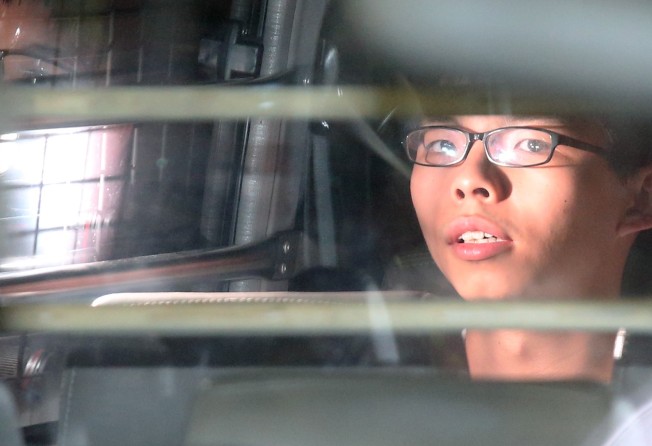
Hong Kong’s courts had an eventful 2017, dealing with some of the most significant criminal trials since the 1997 handover to Chinese rule as well as cases that involved high-profile politicians and sparked international concerns over judicial independence in the city.
As politics in the city continues to polarise, the judiciary felt the impact of the ever-expanding rift between the city’s pro-establishment faction and those yearning for greater democracy.
Its adherence to the rule of law was called into question like never before – by international lawyers as well as experts from the United Nations – when the appeal court took heed of a request by government prosecutors to jail three student activists who led the 79-day pro-democracy sit-in, the 2014 Occupy protests. Among the trio was Joshua Wong Chi-fung, the poster boy of the umbrella movement.
Wong’s jailing came just months after the Court of First Instance disqualified four pro-democracy lawmakers, who had been democratically elected, at the government’s request. Meanwhile, the Court of Final Appeal, the city’s top court, refused to even listen to the final appeal by two ousted pro-independence lawmakers-elect, who were disqualified last year for their antics during their Legislative Council swearing in, like their four colleagues.
But the courts also had their share of critics in the pro-Beijing camp. The lower courts found seven police officers guilty of assaulting Occupy activist Ken Tsang Kin-chiu, and convicted a retired superintendent for beating a passer-by at an Occupy-related protest – prompting pro-establishment supporters to unleash insults on the two presiding judges, who were not ethnic Chinese.
Their complaints about “foreign judges” were echoed by commentators from mainland China, which led to the city’s justice ministers, both incumbent and former, to come to the court’s defence.
On a less controversial note, the criminal division of the High Court convicted former chief executive Donald Tsang Yam-kuen – the highest ranking official ever to come before the court – of misconduct in public office. A doctor and a technician were found guilty of manslaughter over the worst beauty treatment blunder the city had ever seen. The appeal court saw the return of infamous British banker Rurik Jutting, who made a bid to overturn his convictions a year after being found guilty of the brutal murders of two Indonesian women.
Watch: Hong Kong in 2017, year in review
On the human rights front, two of the court’s decisions in particular were hailed as a step forward by the city’s sexual minority groups. In one case, the appeal court ruled in favour of a lesbian expatriate against the Immigration Department, which had refused to grant her a spousal visa. In another judicial challenge, a gay immigration officer prevailed over the Civil Service Bureau, which had declined to give his married partner, among other things, the same medical benefits given to the spouses of his heterosexual colleagues.
As the year approaches its end, we have prepared a list of its 10 most significant court dramas for you to revisit:
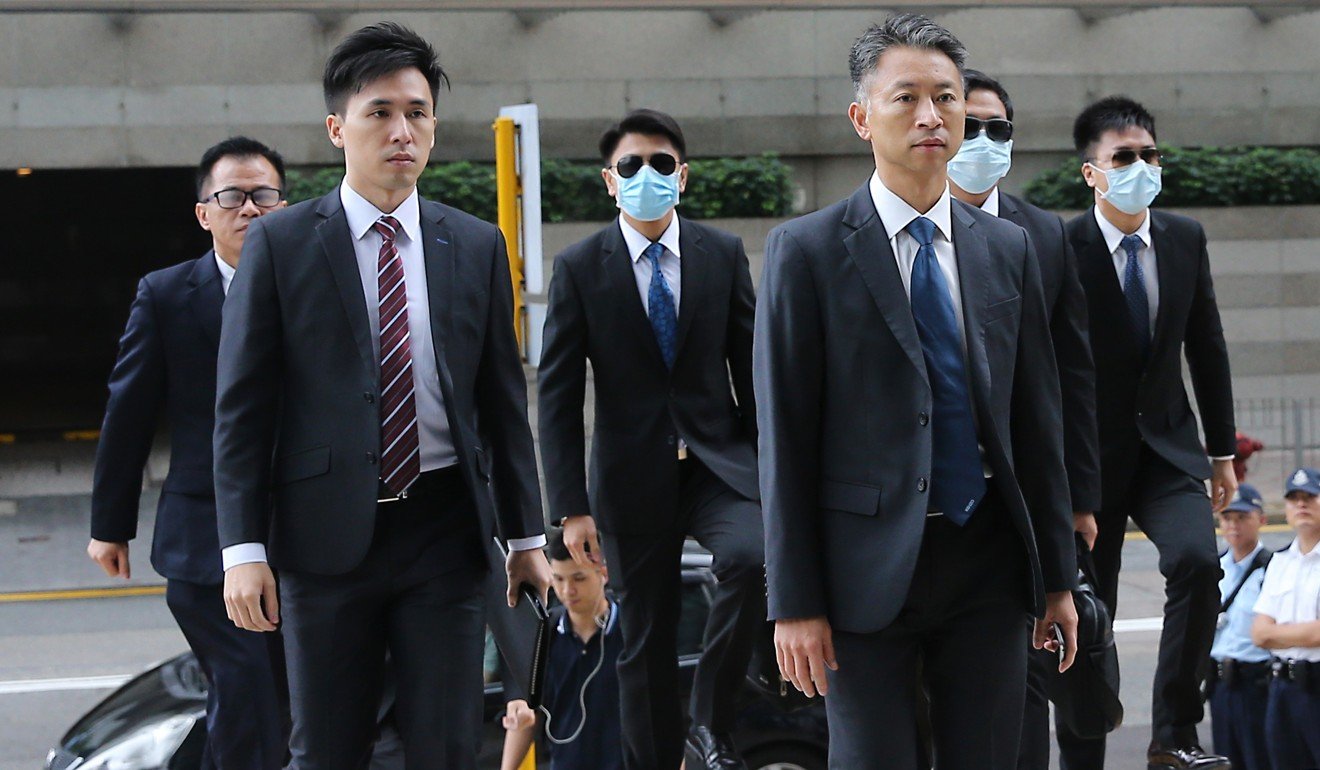
1) Seven police officers were jailed for two years each on February 15 for beating up Occupy protester Ken Tsang Kin-chiu during the mass protests in 2014. Their convictions prompting pro-Beijing supporters to rain insults on presiding judge David Dufton.
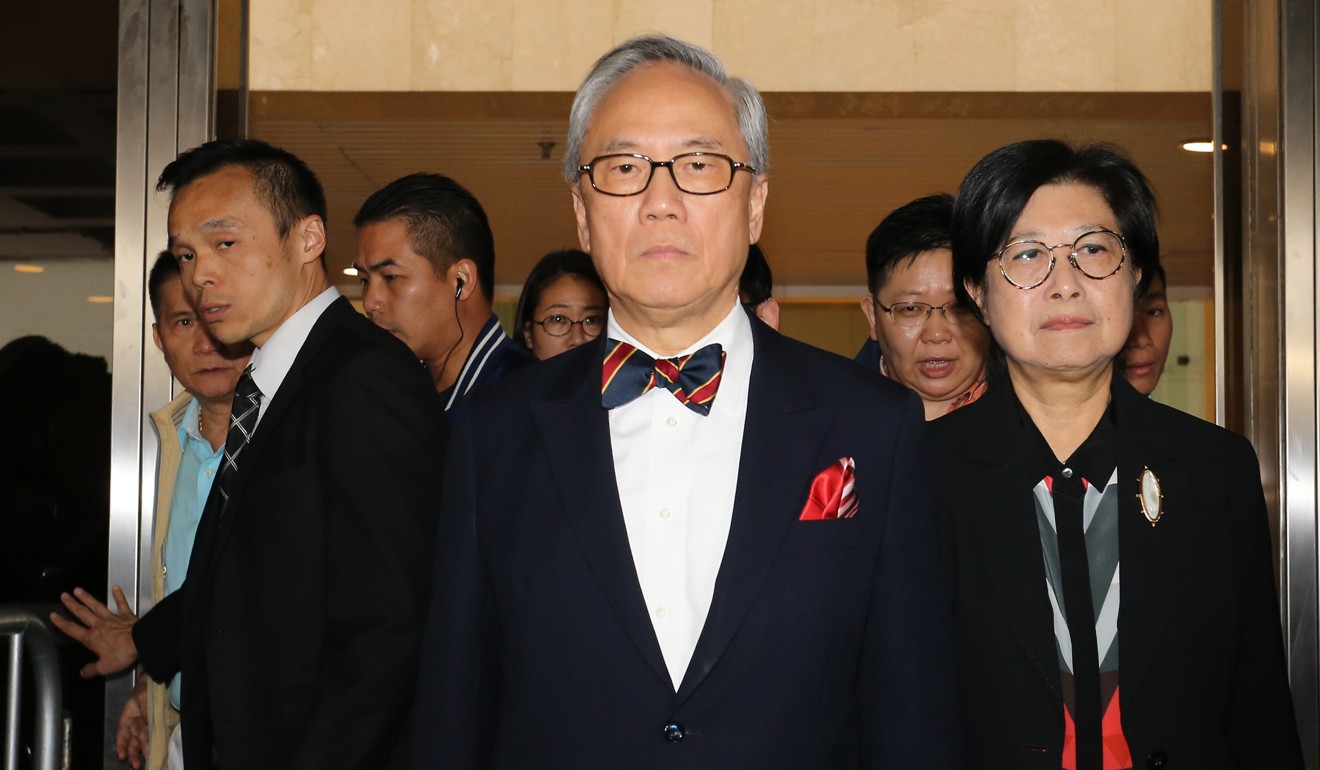
2) Former chief executive Donald Tsang, 63, was convicted of one count of misconduct in public office on February 17 and later jailed for 20 months. But he was acquitted of a bribery charge on account of a hung jury. Jurors at the retrial also failed to reach a verdict in November.
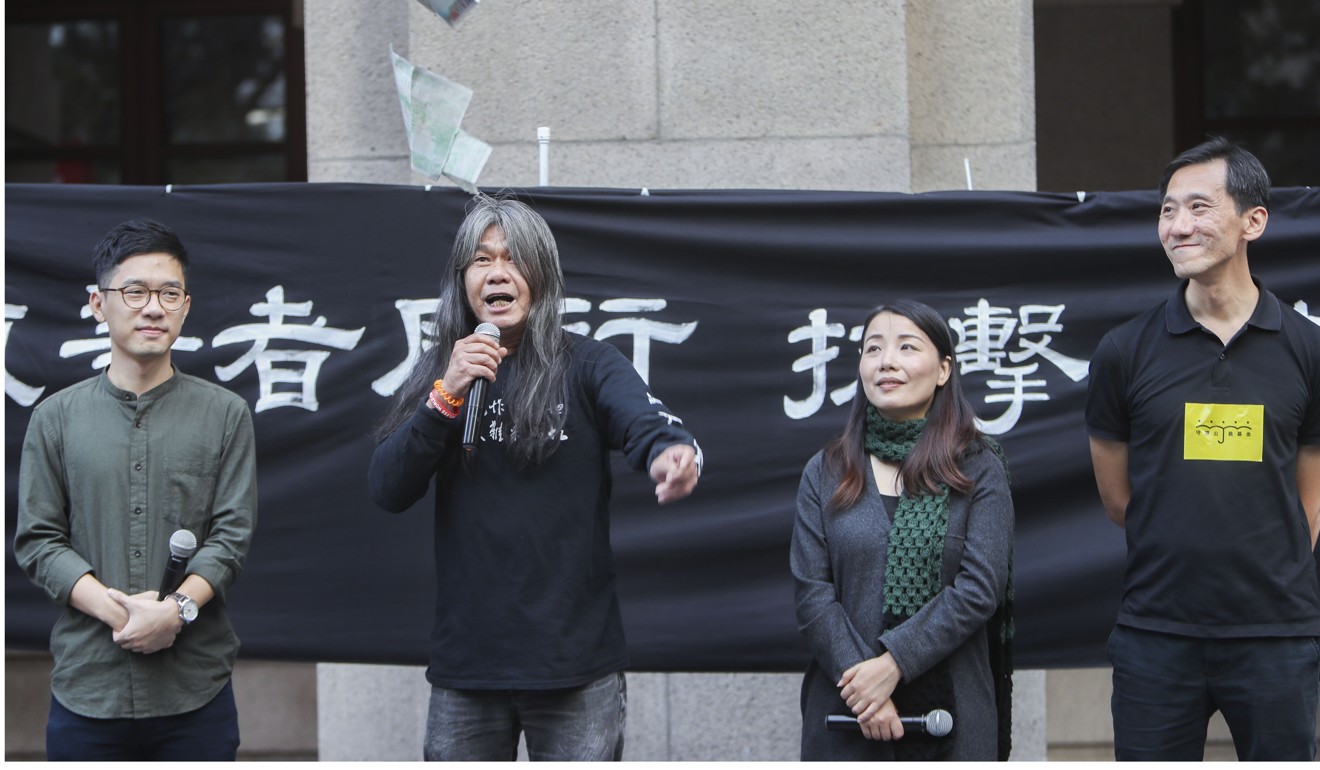
3) Four pro-democracy lawmakers – “Long Hair” Leung Kwok-hung, Nathan Law Kwun-chung, Lau Siu-lai, and Edward Yiu Chung-yim – were disqualified in July over improper oath-taking, in a similar fashion to pro-independence duo Sixtus Baggio Leung Chung-hang and Yau Wai-ching last year.
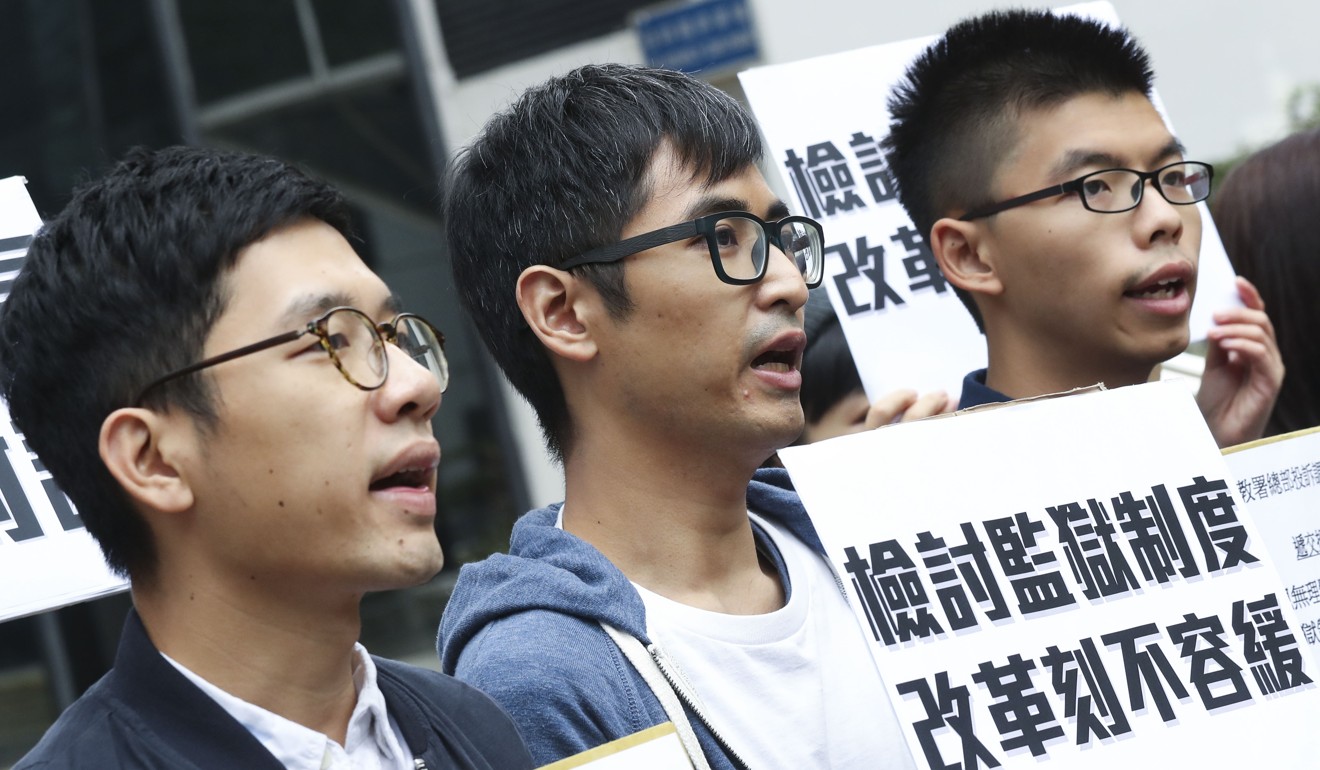
4) Student activists Joshua Wong, Alex Chow Yong-kang and recently disqualified lawmaker Nathan Law Kwun-chung were jailed by the Court of Appeal at the request of government prosecutors despite earlier being spared imprisonment by a lower court. The three were found guilty last year over their roles in storming the government headquarters on September 28, 2014, two days before the Occupy protests began.
5) In September, the Court of Appeal overturned a lower court’s decision in a landmark victory for a lesbian expatriate, known as QT, who had taken the Immigration Department to court for not granting her a spousal visa as it would for heterosexual married couples. The Court of First Instance earlier ruled against the British citizen, who came to Hong Kong after her civil union partner was offered a job in the city.
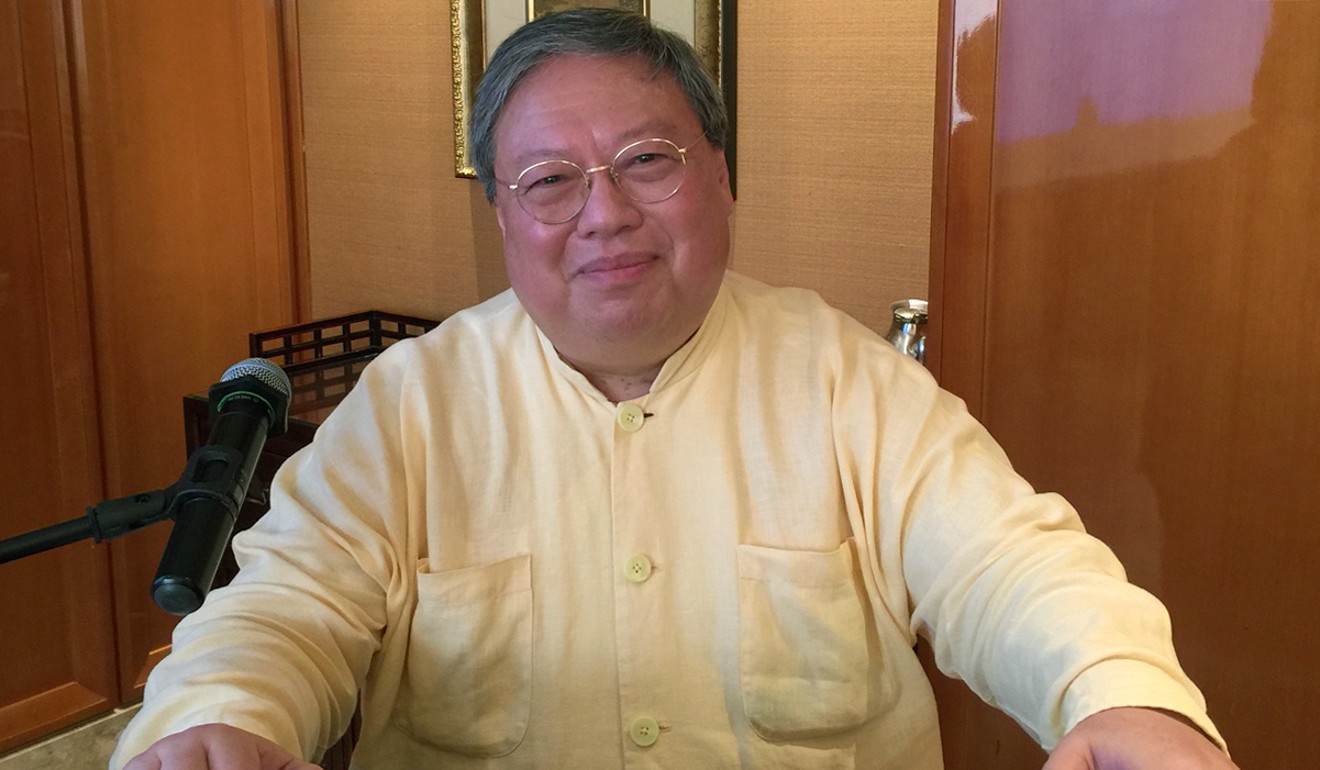
6) Though the case is taking place far away in the US, Hongkongers took notice when the city’s former home affairs minister Patrick Ho Chi-ping and an ex-foreign minister from Senegal were arrested by American authorities in November for allegedly masterminding a multimillion-dollar bribery scheme in Africa on behalf of a top Chinese energy firm.
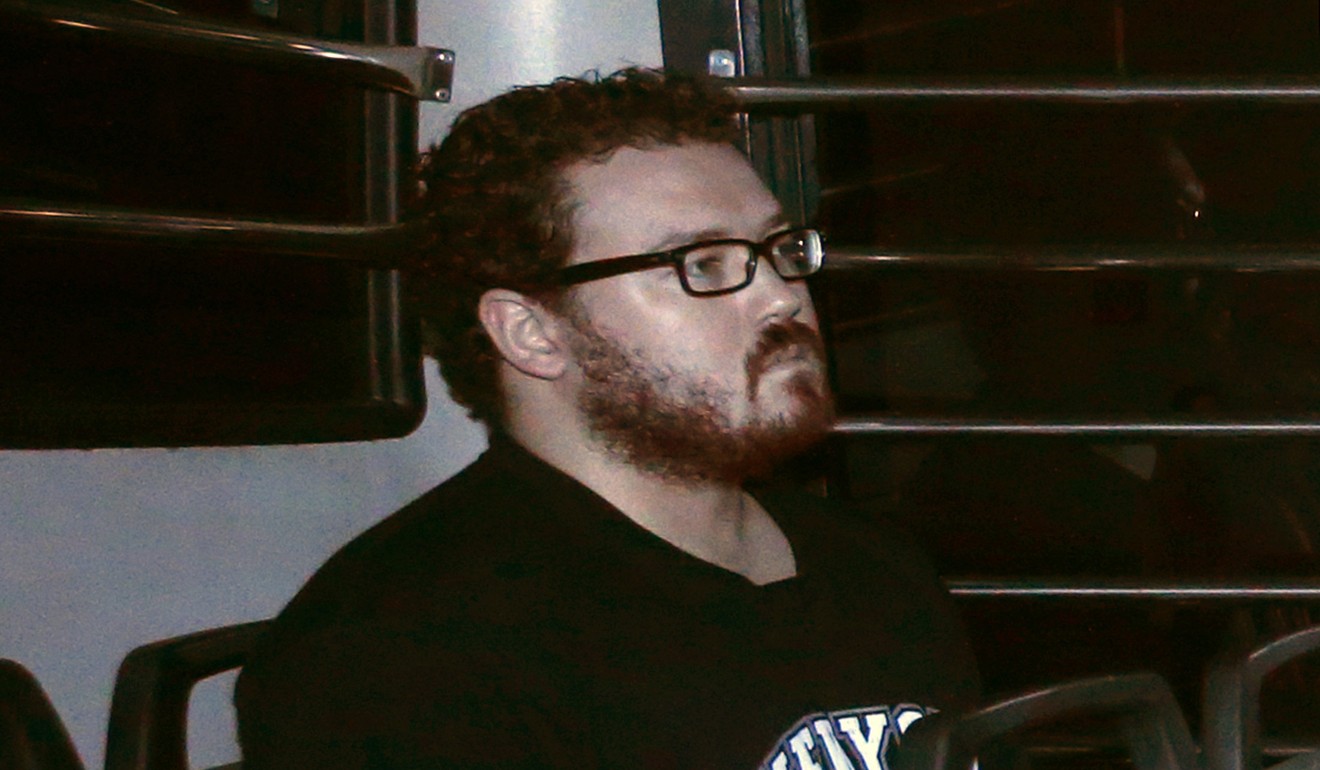
7) British banker Rurik Jutting, jailed for life last year for brutally killing two Indonesian women, was back in court to appeal against his conviction in December. He was earlier found guilty of two counts of murder over the deaths of Sumarti Ningsih, 23, and Seneng Mujiasih, 26, at his Wan Chai flat in 2014.
If successful, the appeal is likely to lead to a retrial. The judges reserved their decision to be announced on a later day.
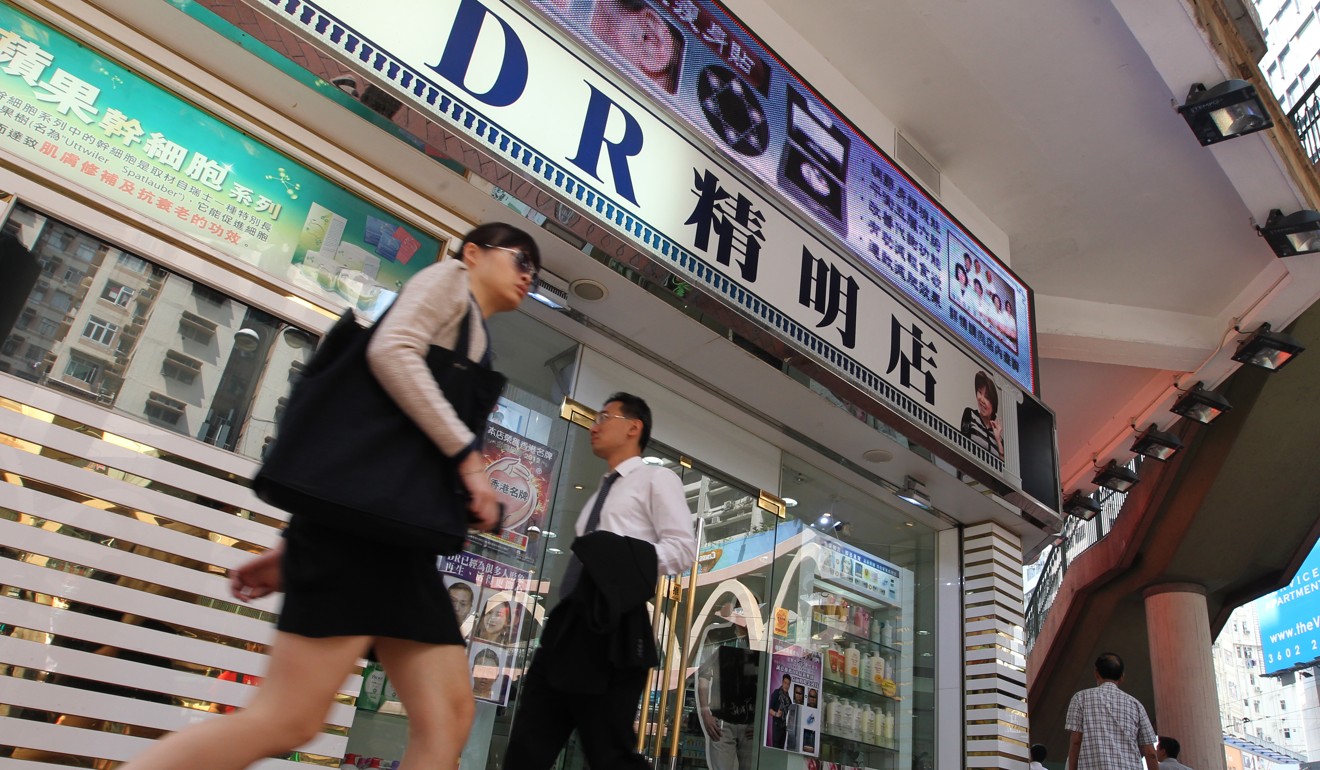
8) After a beauty treatment went horribly wrong, Dr Stephen Chow Heung-wing and laboratory technician Chan Kwun-chung were jailed for 12 and 10 years respectively for manslaughter on December 18. Customer Chan Yuen-lam, 46, died of multiple organ failure as a result of blood infection after undergoing cytokine-induced killer (CIK) cell therapy, while several other women suffered from various severe conditions.
The jury could not reach a decision on a third defendant, Dr Mak Wan-ling. The prosecutors will reveal whether they intend to pursue the case in January.
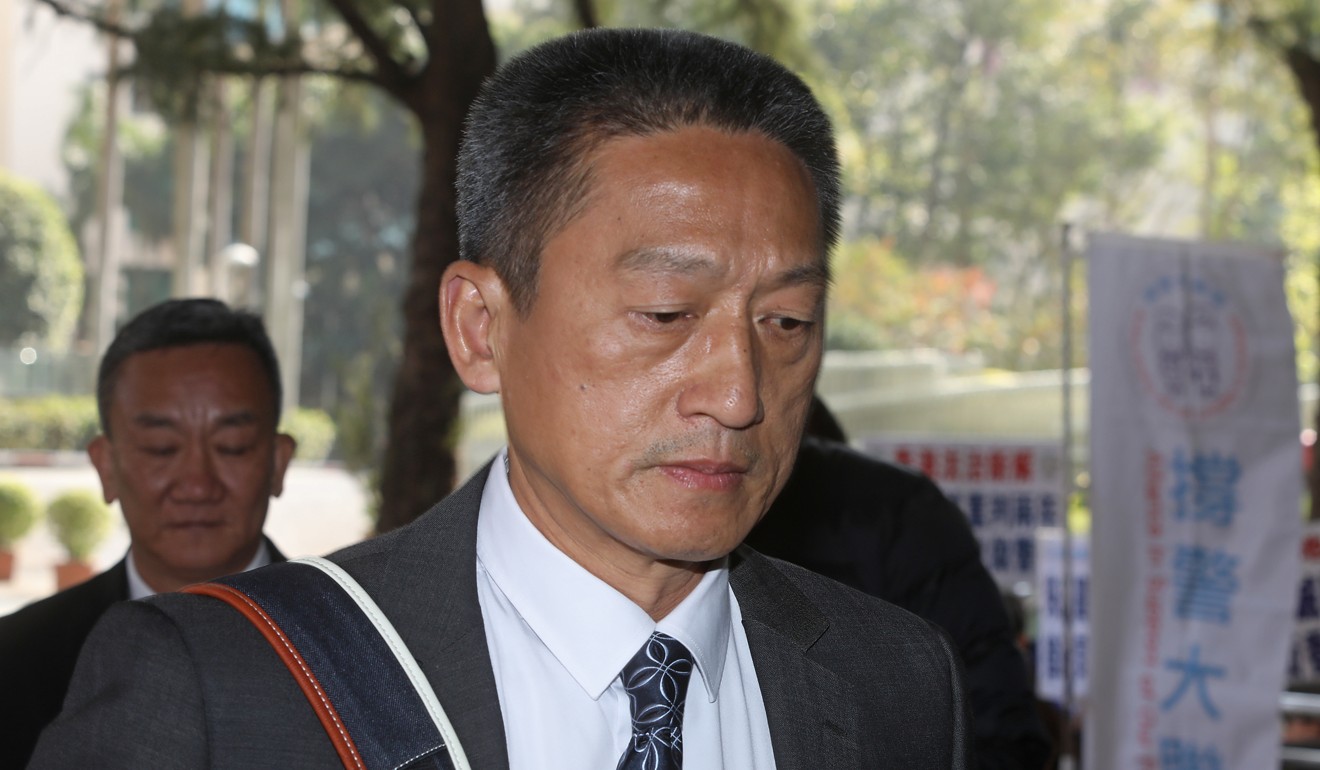
9) Retired police superintendent Frankly Chu was found guilty of assault on December 18, three years after he hit a bystander with a police baton at an Occupy-related protest in 2014. Osman Cheng Chung-hang said he was hit by Chu after he and a female friend arrived at the busy district of Mong Kok on November 26. Police officers, who had just cleared the Occupy protesters from the area, were conducting crowd control measures to prevent reoccupation.
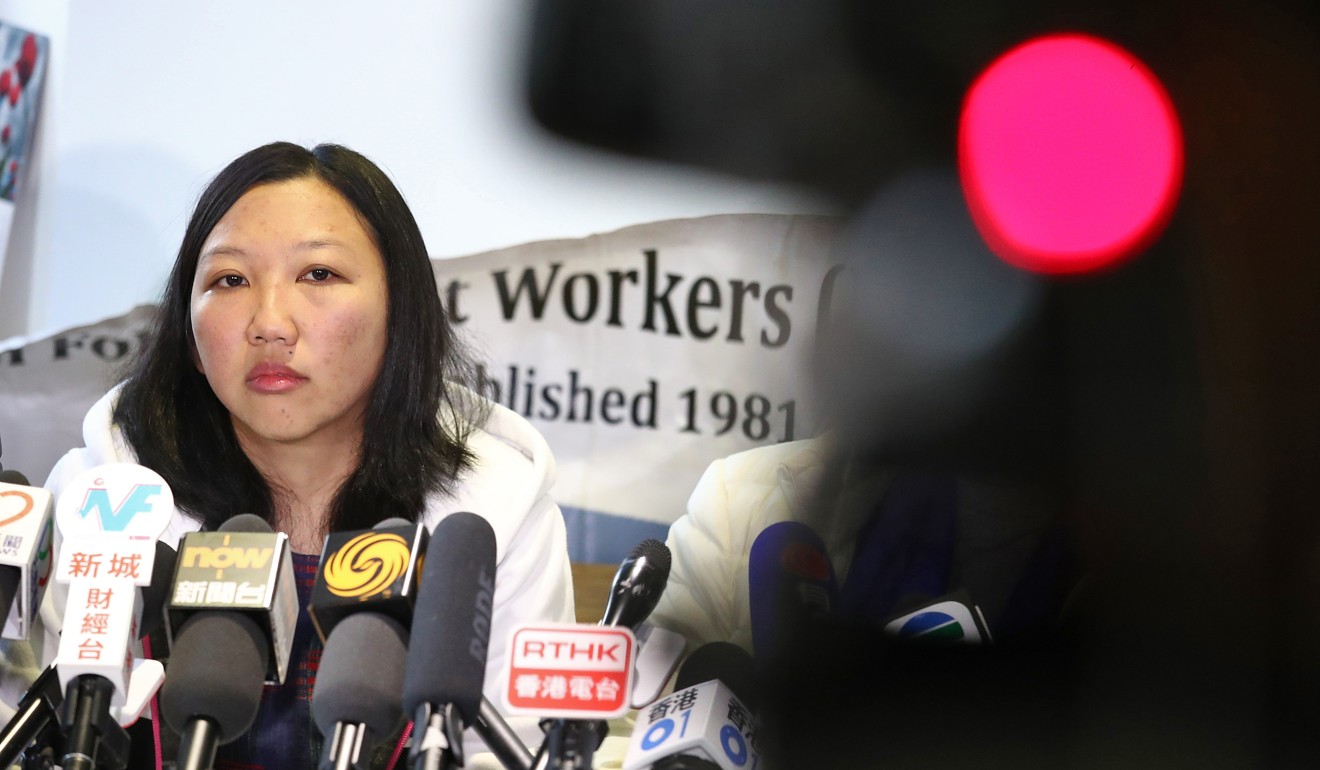
10) Two years after her abusive employer was jailed, former Indonesian domestic helper Erwiana Sulistyaningsih again prevailed in court over Law Wan-tung on December 21. The helper, who returned to the city to testify, was awarded HK$809,430 in a civil suit. Whether she will receive the compensation depends on the eventual outcome of a High Court case, where her lawyers are trying to bar the indebted Law from transferring her share in a HK$7 million flat to her husband.